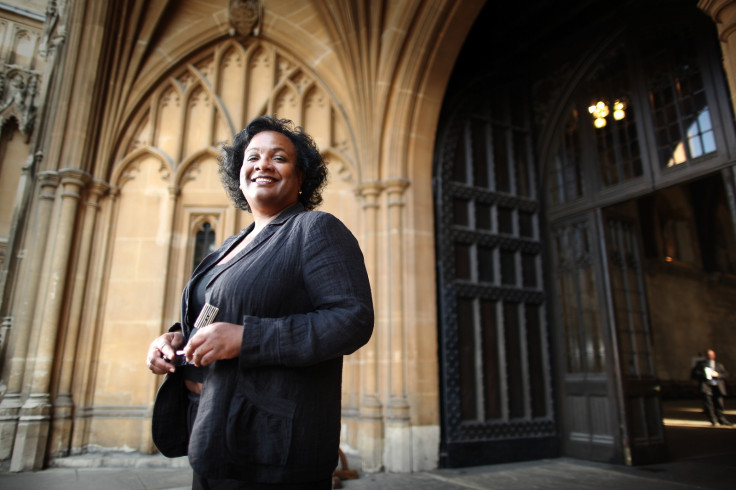Ethnic minority MPs to hit record high after 2015 general election says British Future

The House of Commons will hold a record number of ethnic minority MPs after the general election, according to think tank British Future.
The organisation's analysis found that the number of representatives from ethnic minority backgrounds will rise to 44 following May's hotly contested vote.
The data means the number of ethnic minority MPs will increase from the 27 elected in 2010 and could be three times as many as the 15 voted into Parliament in 2005.
"This says a lot about Britain. Voters have shown that skin colour doesn't determine who they support," said Steve Ballinger, the co-author of the report.
"Party strategists who thought they could only choose 'ethnic faces for ethnic voters' in the most diverse inner city seats have been proved wrong."
British Future said much of the recent progress can be attributed to the Tories as David Cameron's party are now fielding as many non-white candidates as Labour.
"The Conservatives could even overtake Labour on the number of non-white MPs if they won an outright majority in May," Ballinger explained.
The think tank said that a "significant increase" in racial tolerance among voters over the last three decades has helped increase the number of ethnic minority MPs.
But the organisation warned that some barriers still remain and noted that ethnic minority representation in Parliament is "largely confined to England".
"While elected politics is more openly contested and meritocratic, there remains a lack of diversity in the 'political backrooms' of special advisers and strategists, as well as in the media and judiciary," Ballinger said.
The research comes with 44 days to go before the general election in May, with Labour two points ahead of the Tories (35% vs 33%) in the latest opinion poll from YouGov.
© Copyright IBTimes 2025. All rights reserved.






















